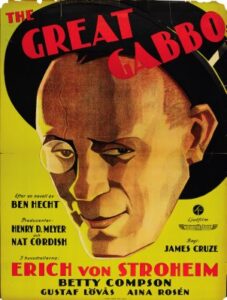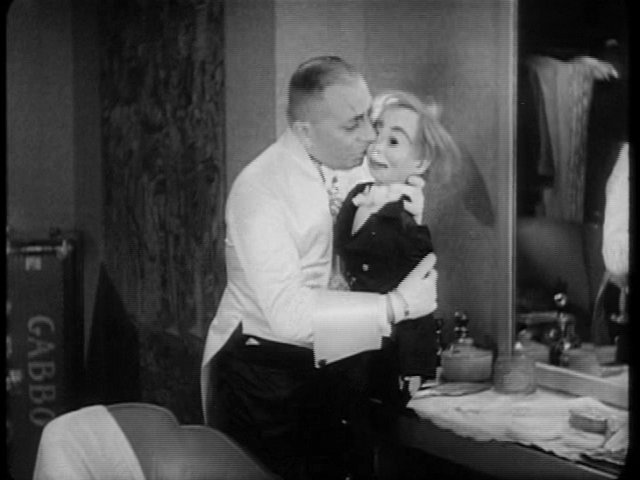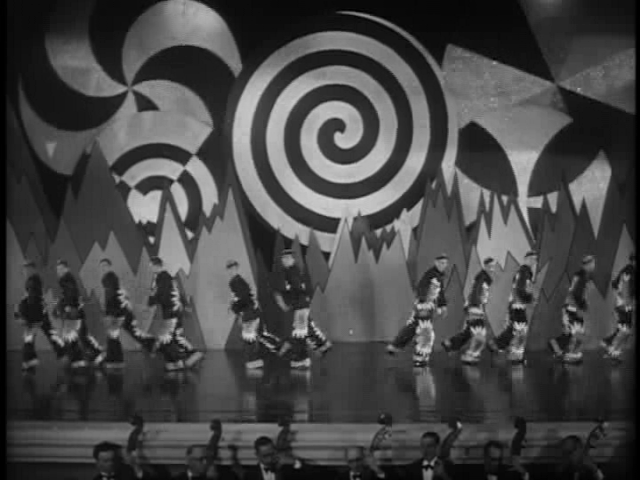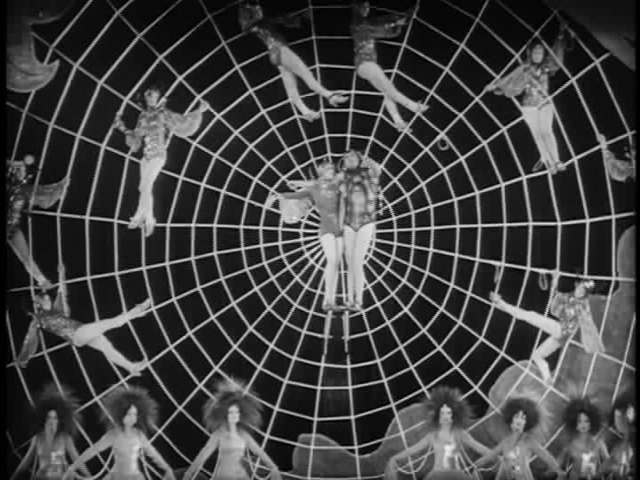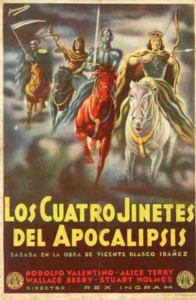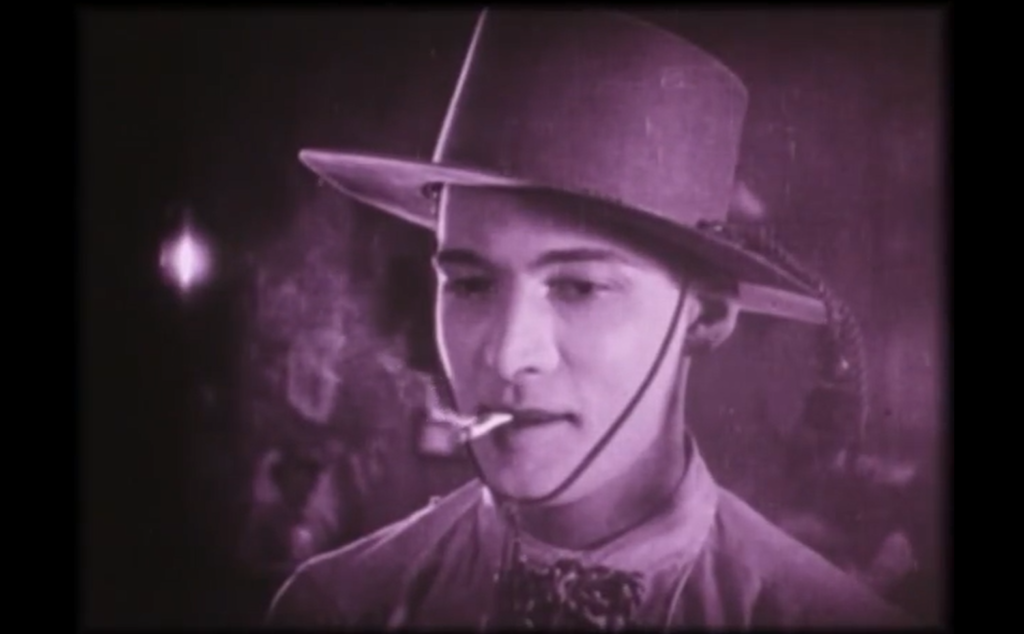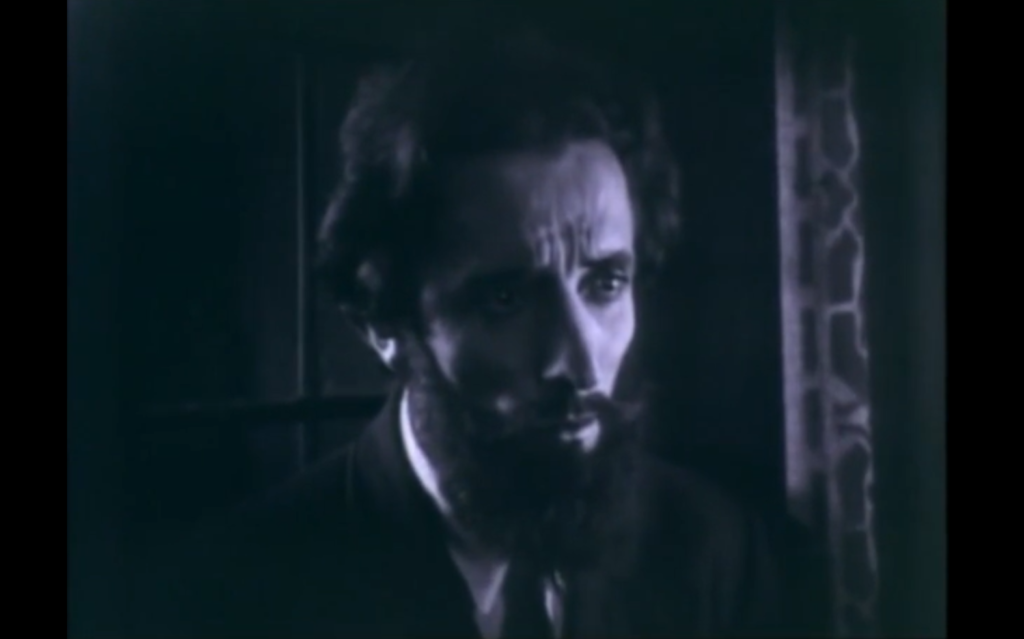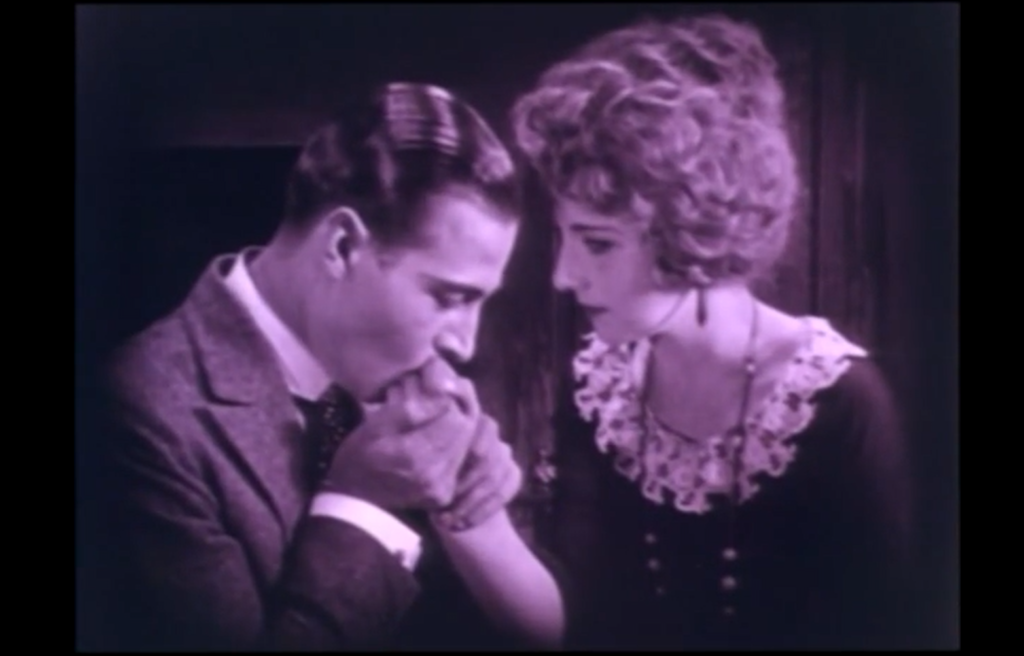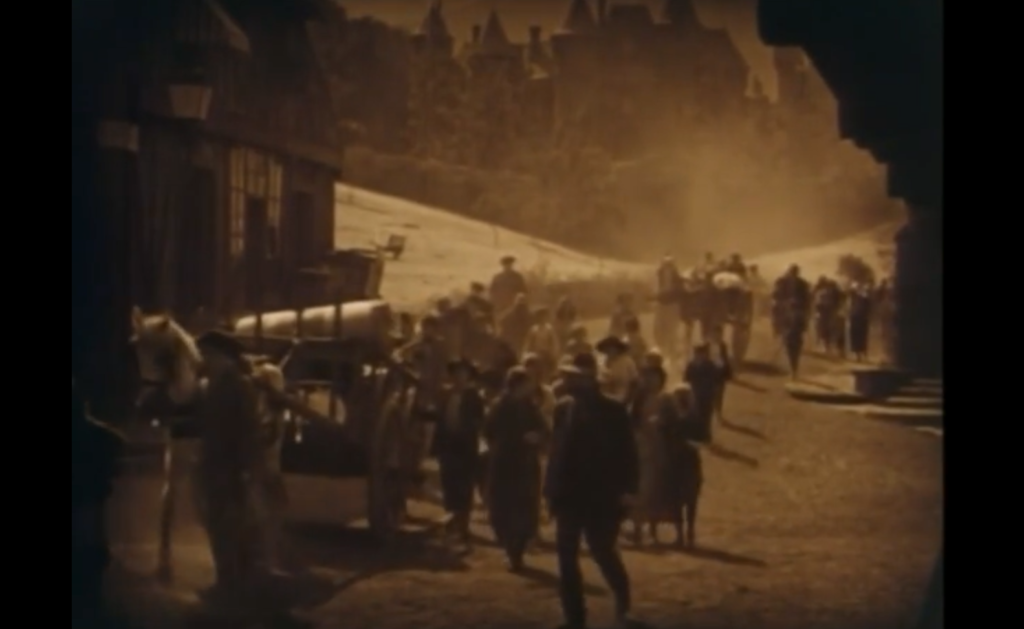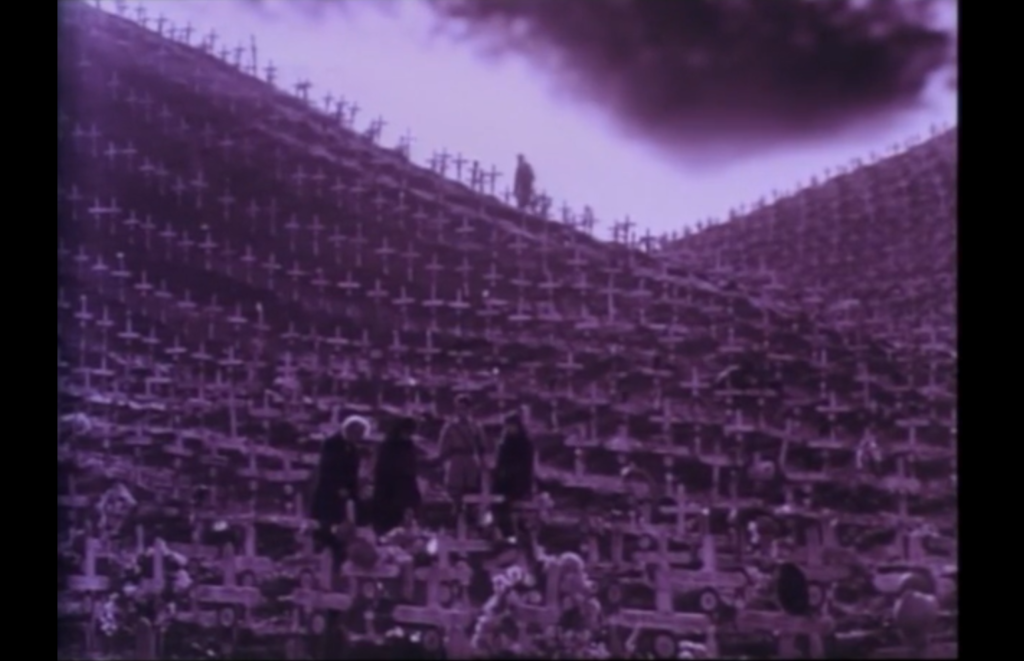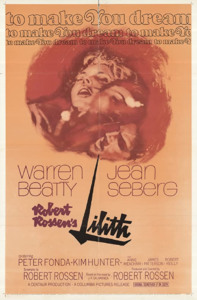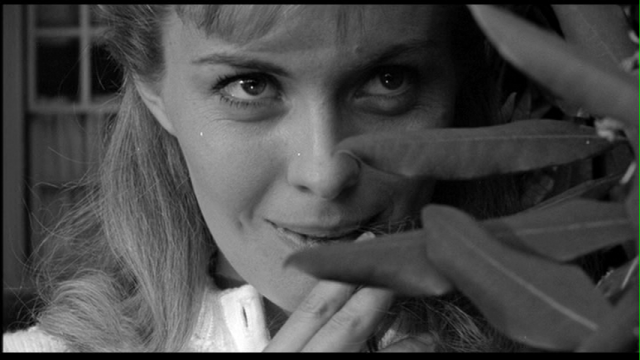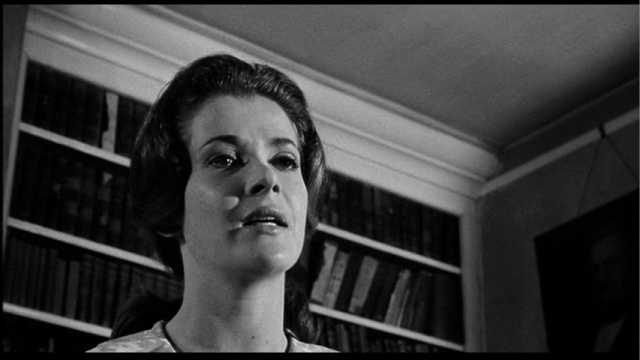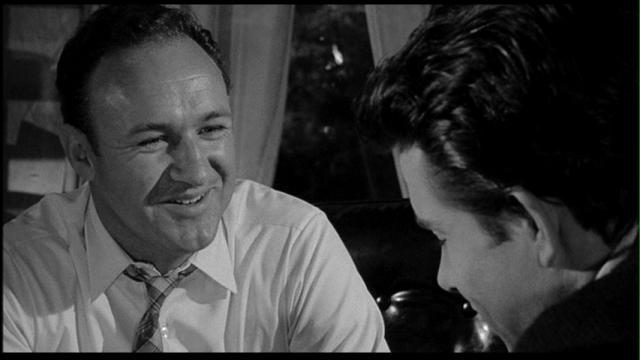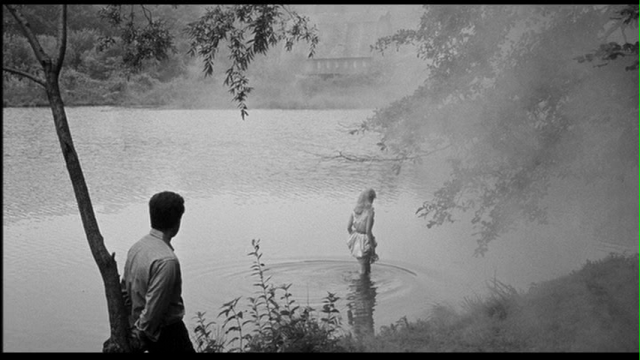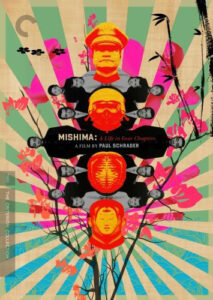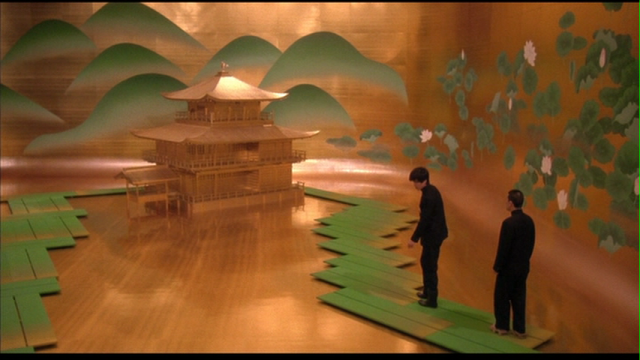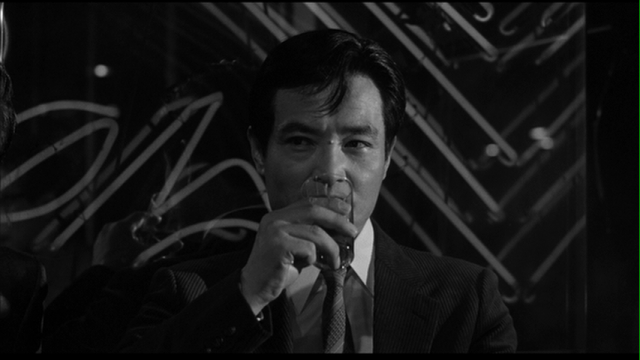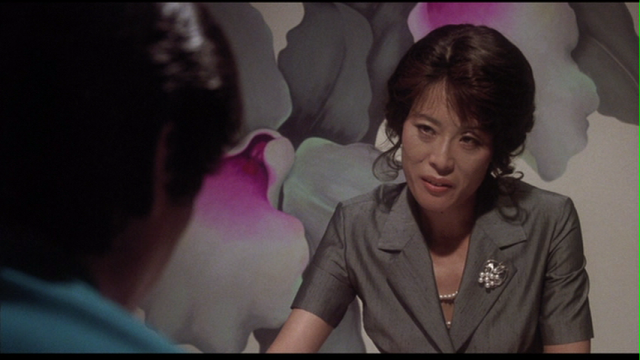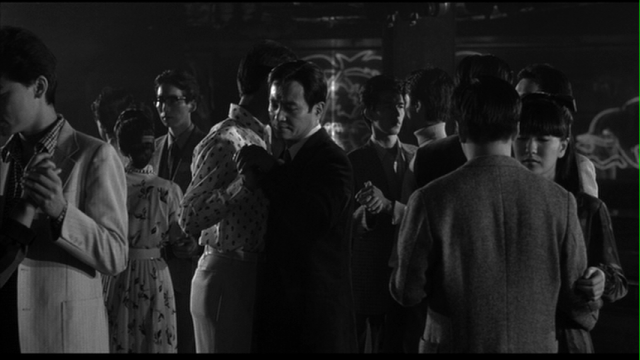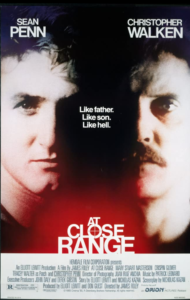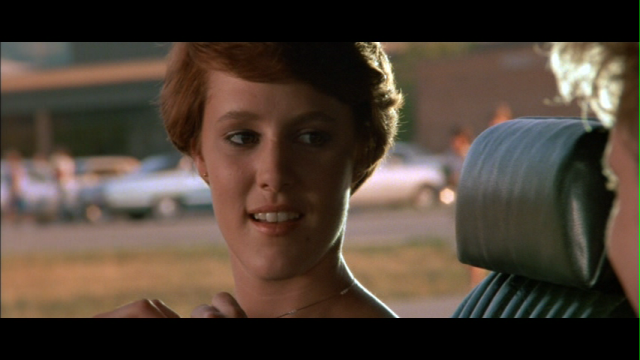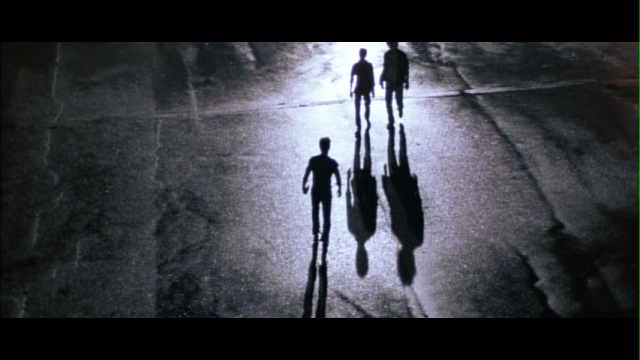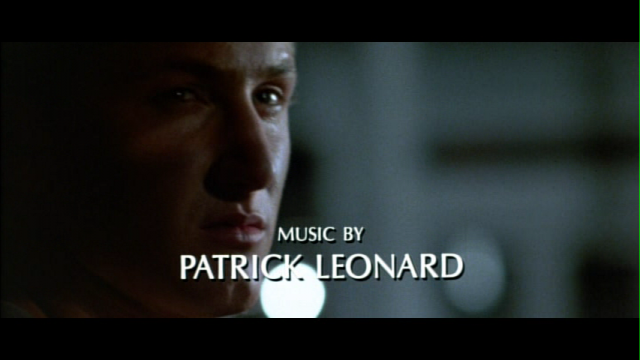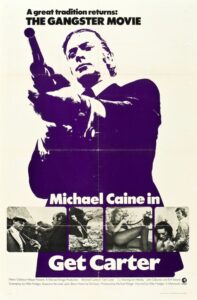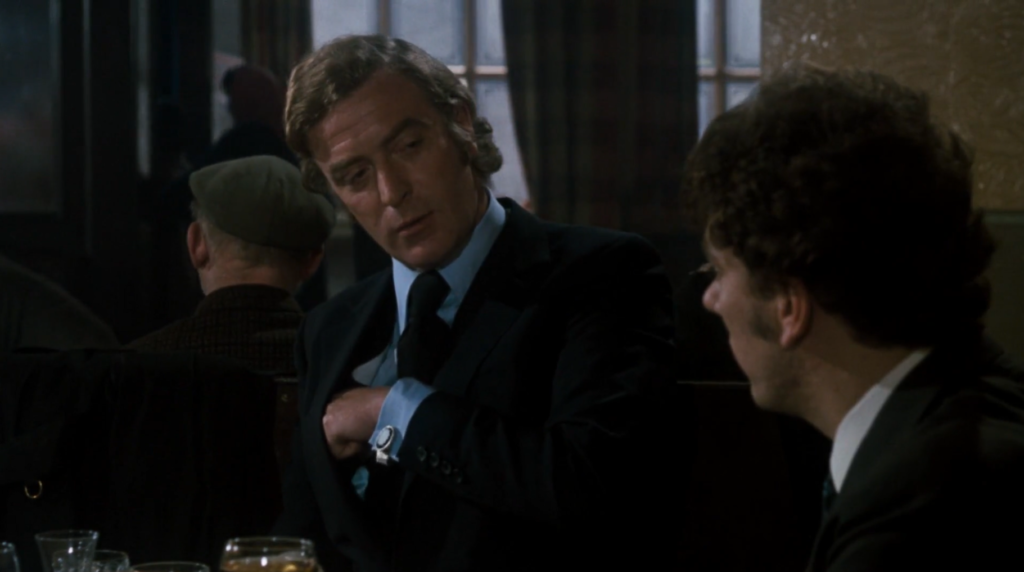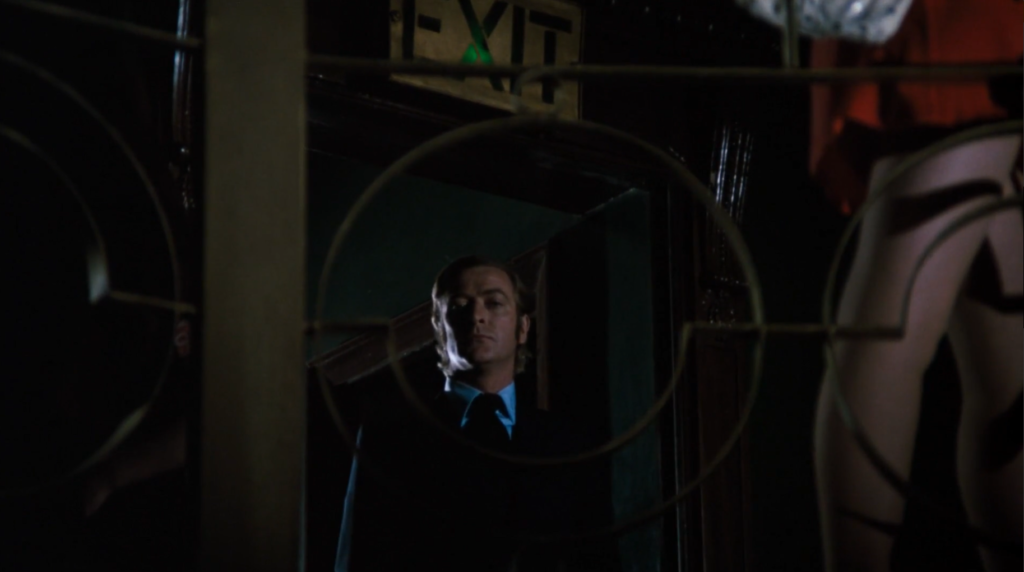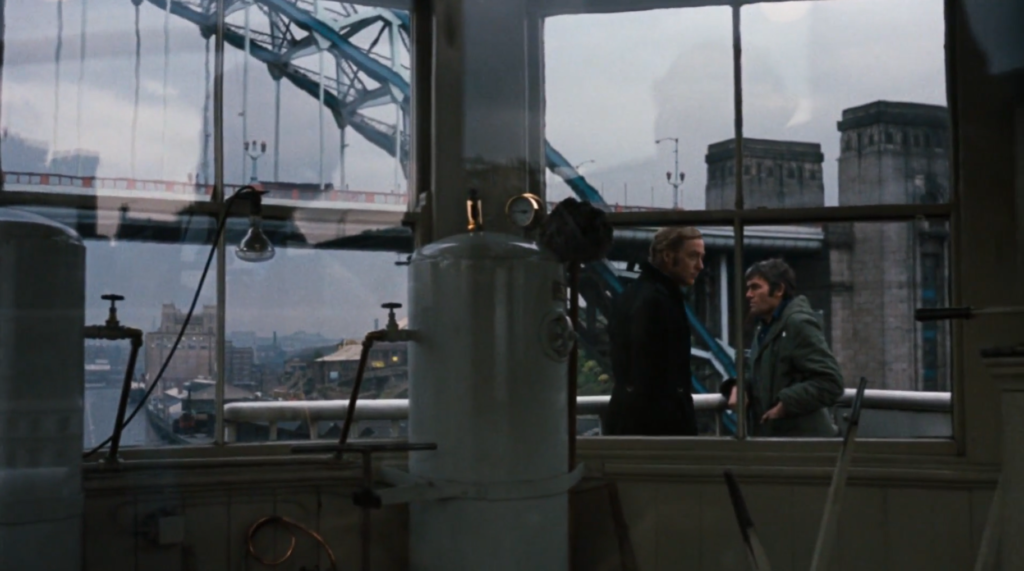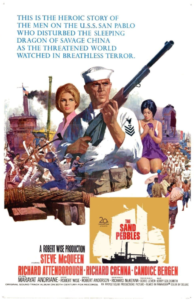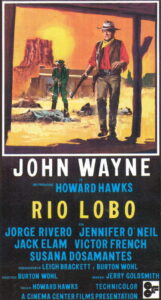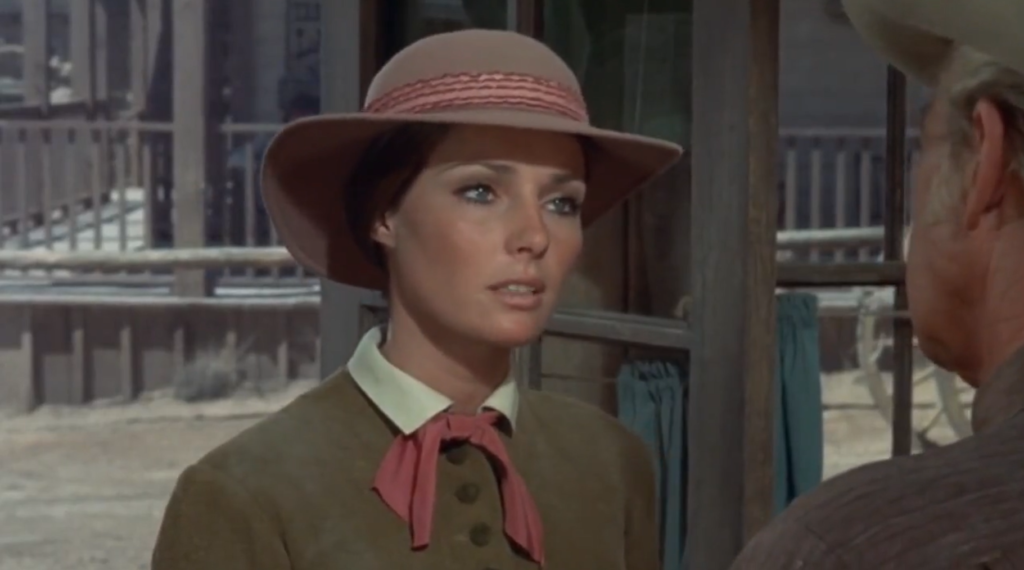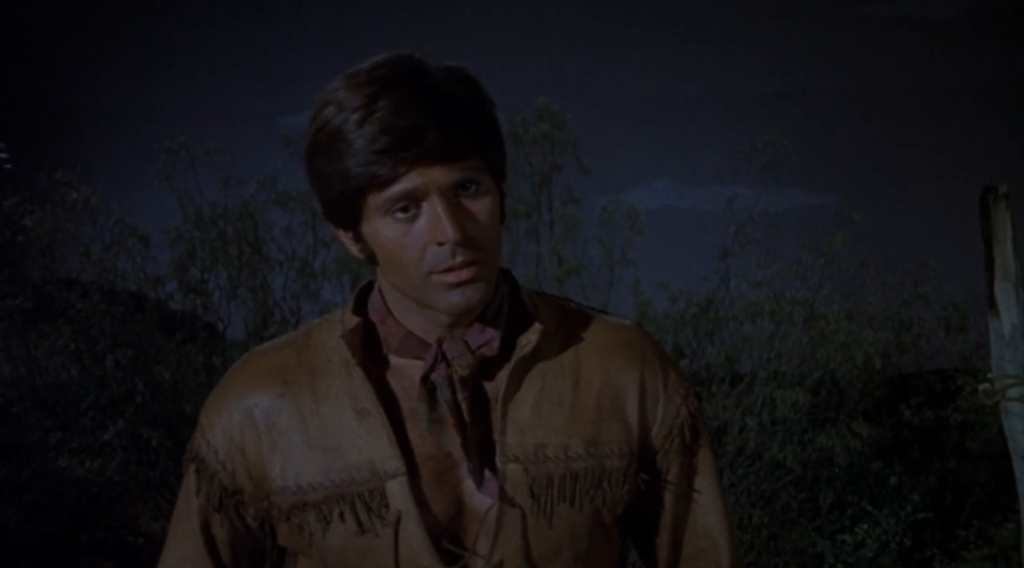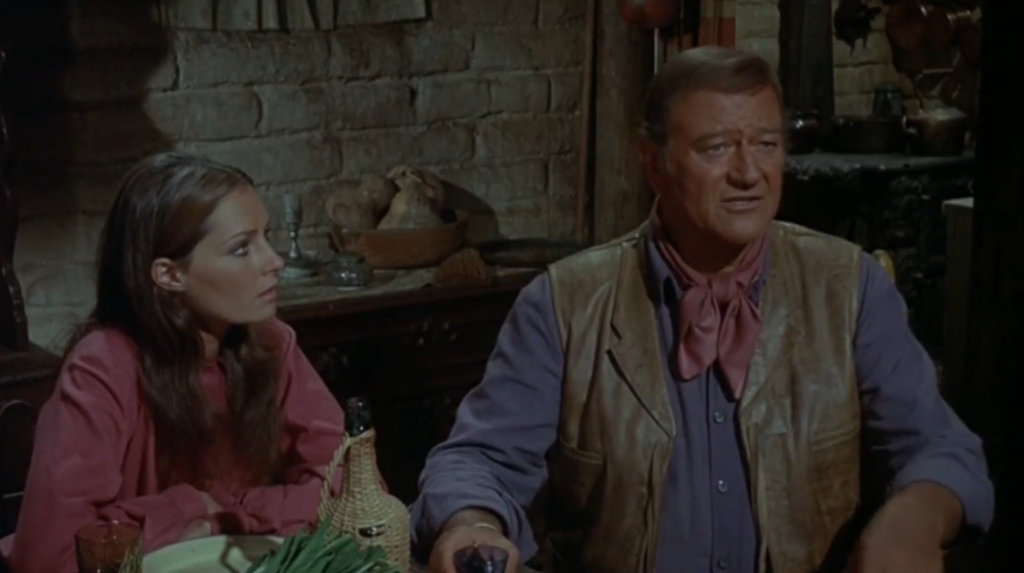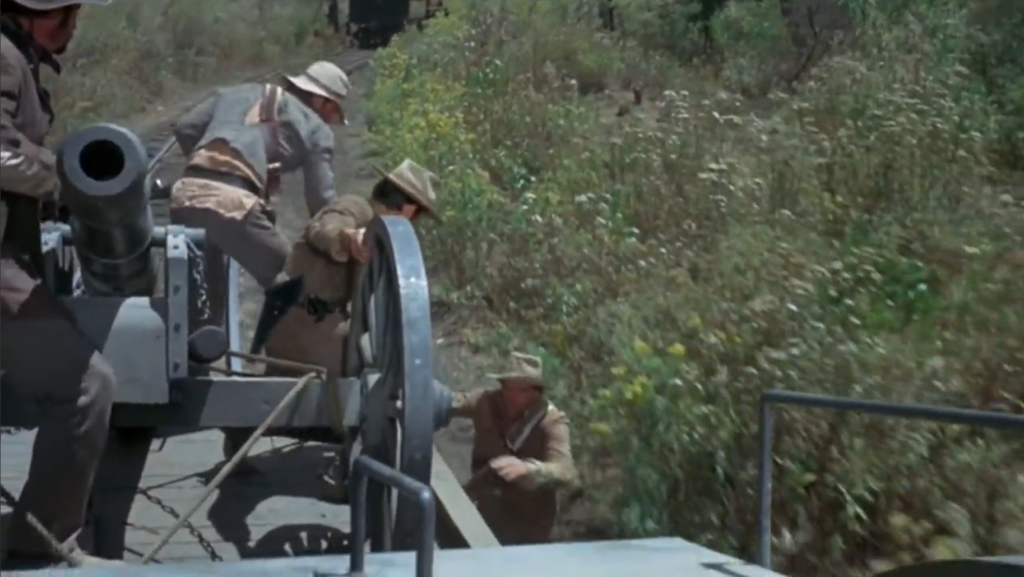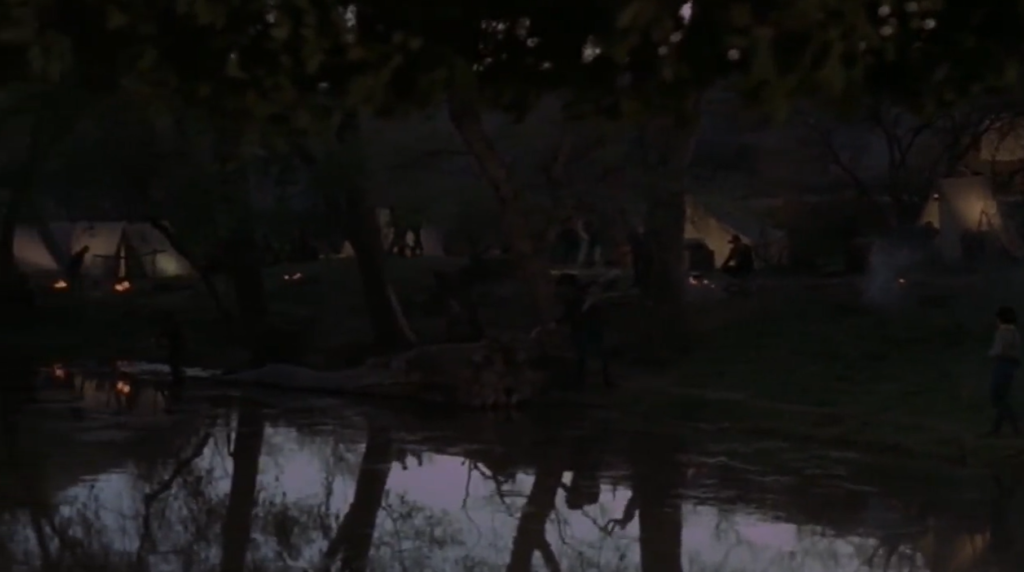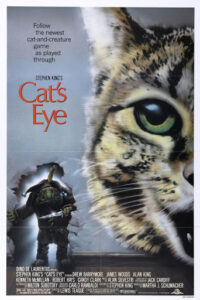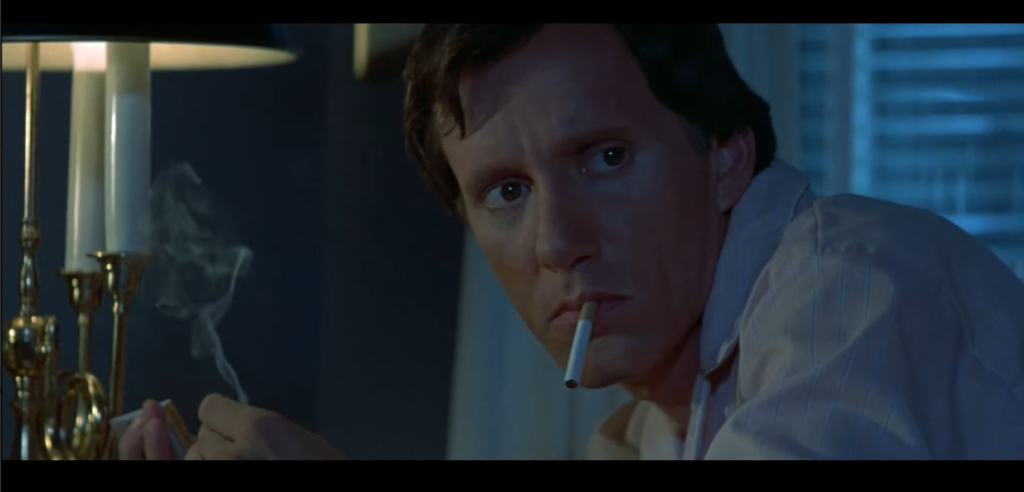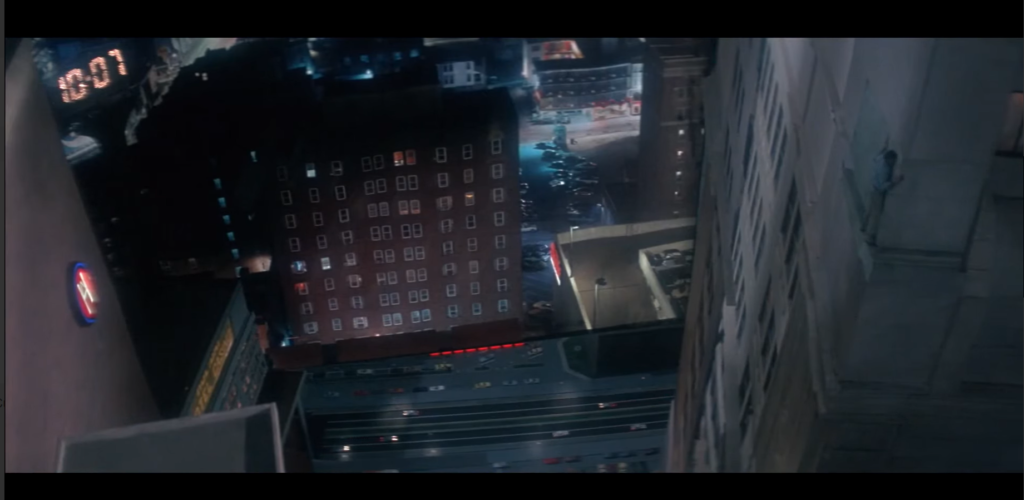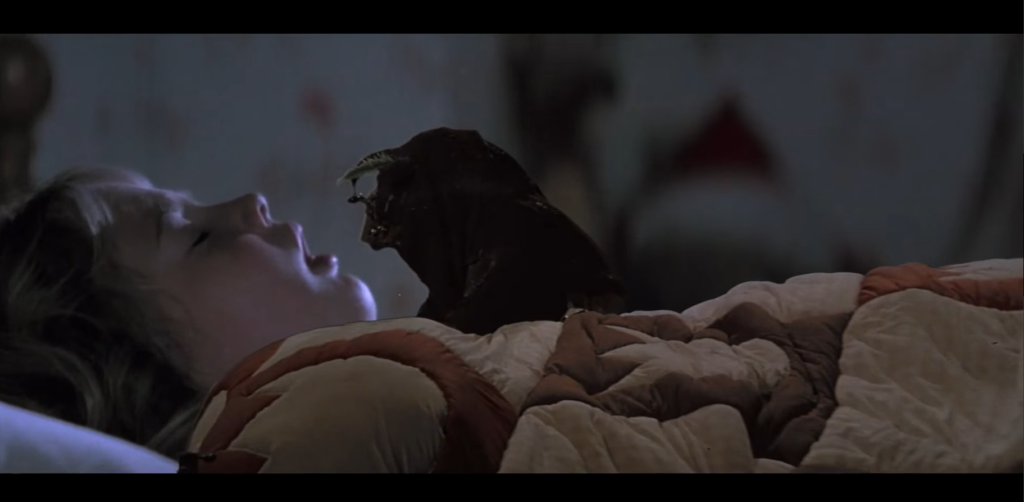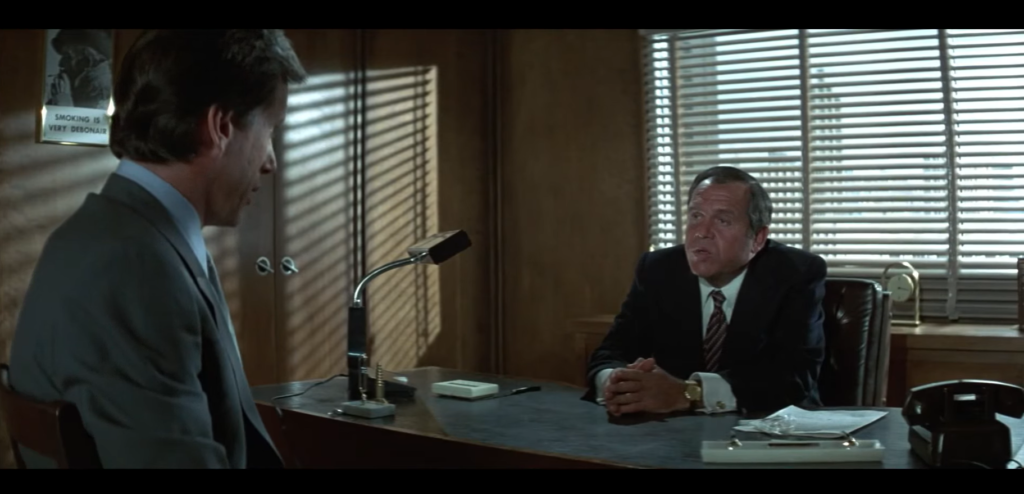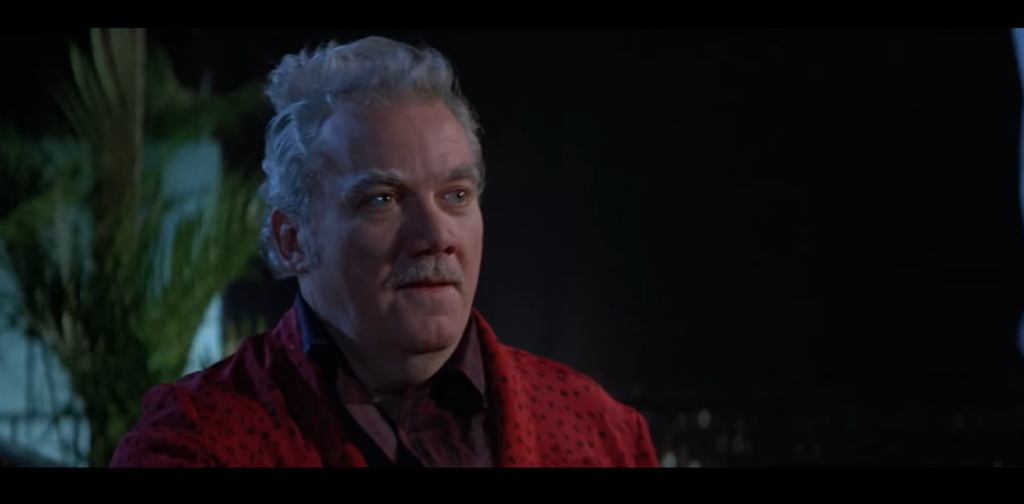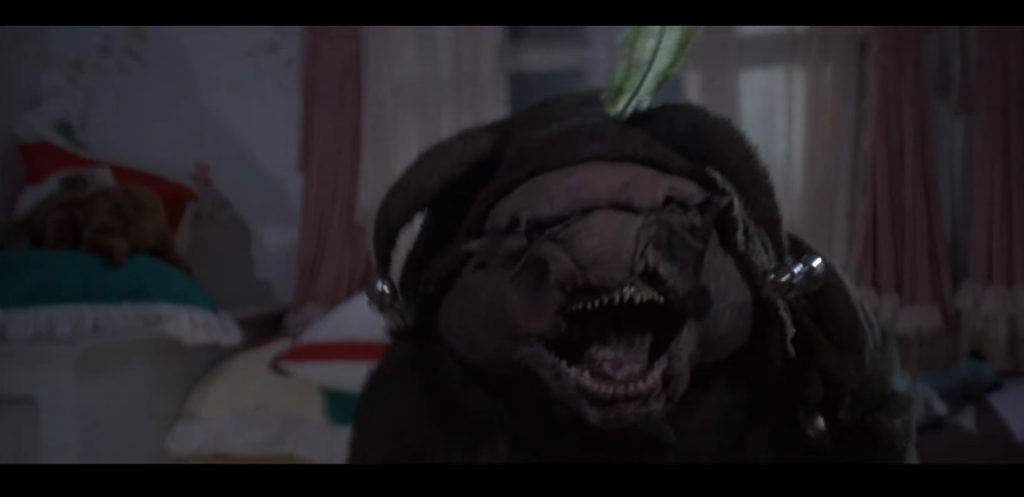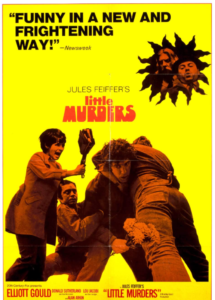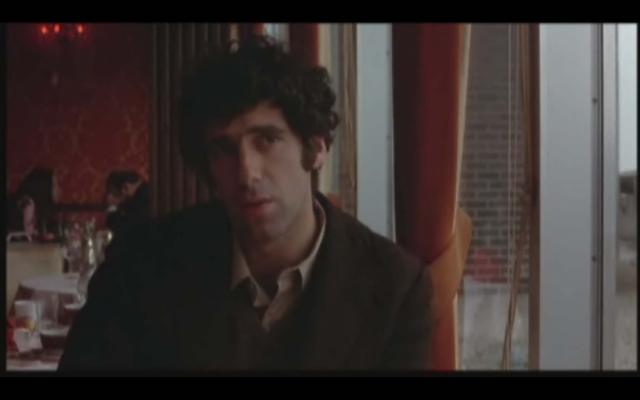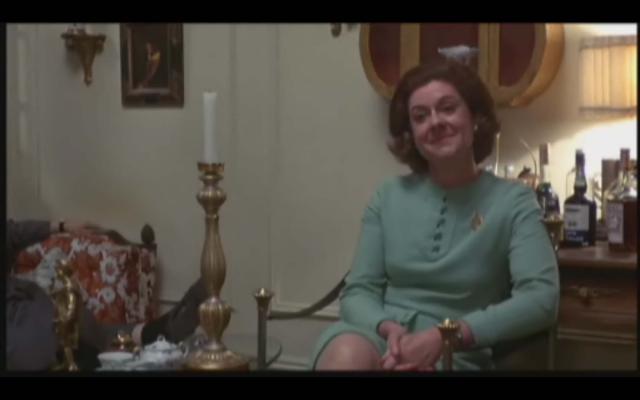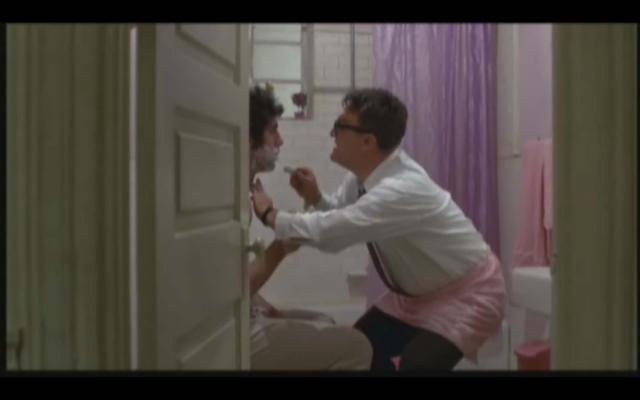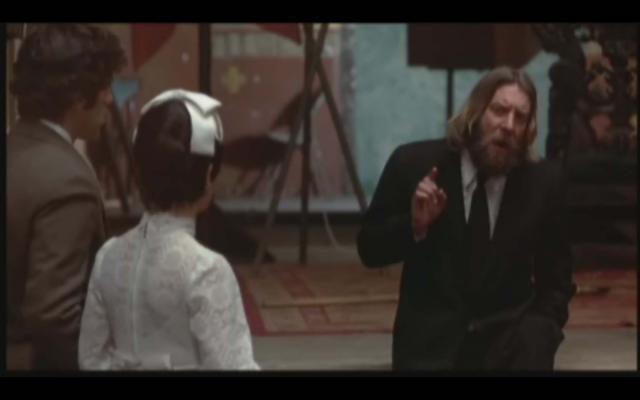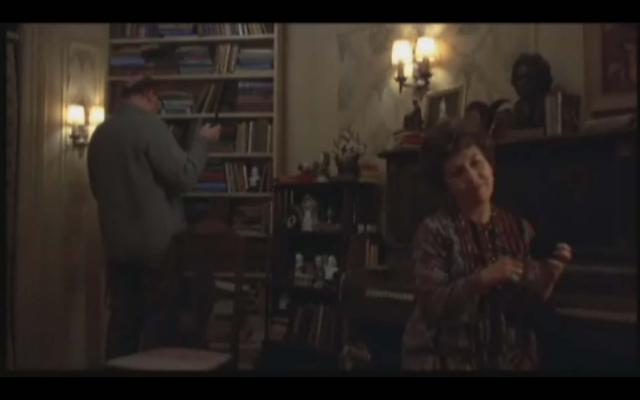|
Genres, Themes, Actors, and Directors:
- Candice Bergen Films
- China
- Historical Drama
- Race Relations
- Richard Attenborough Films
- Robert Wise Films
- Sailors
- Steve McQueen Films
Review:
A year after winning an Oscar as best director for The Sound of Music (1965), Robert Wise helmed this epic historical military flick, based on a bestselling novel by Richard McKenna. Critics at the time of its release were understandably distracted by the screenplay’s obvious parallels with the United States’ involvement in the Vietnam War; these days, it’s easier to accept the story on its own merits. Steve McQueen gave one of his best, most introspective performances in the central role of Jake Holman — a soldier genuinely “in love” with engines, who situates his integrity as a man within his ability to care for them effectively.
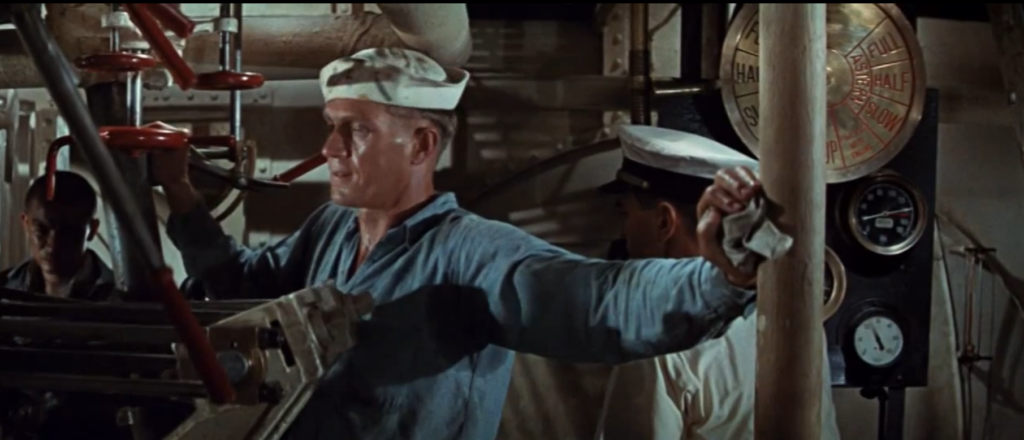
To that end, his insistence on rigorous maintenance while aboard the San Pablo becomes the catalyst driving two key narrative threads: his contentious relationship with his superior (Crenna, whose only interest lies in continuing to manifest a strong American “presence” in China), and the racial tensions that ensue when he tries to take over responsibilities traditionally handled by Chinese “coolies”.
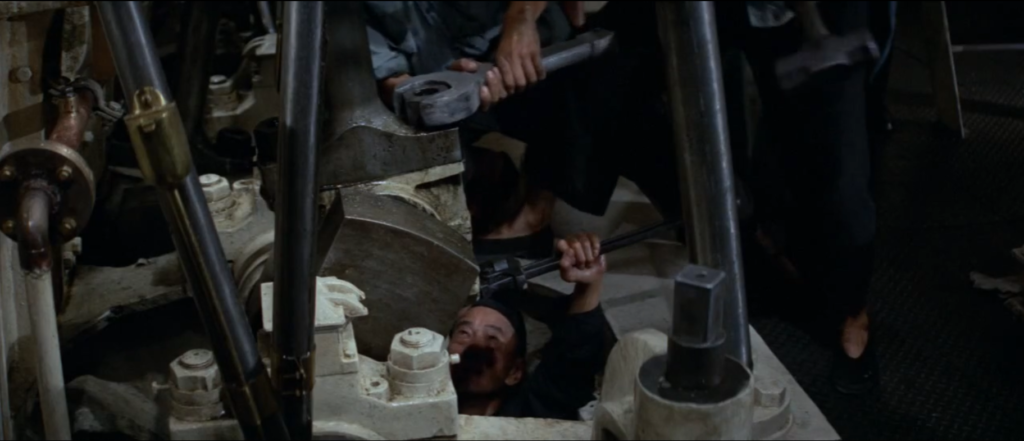
Given its lengthy running time (nearly 3 hours) and epic ambitions, there’s a lot more going on in The Sand Pebbles than “just” Jake’s identity as a naval engineer. His inevitable romantic interest is played by Candice Bergen (just 19 years old!) as a do-gooding teacher — but the primary romantic subplot is filled by Jake’s shipmate Richard Attenborough and his Eurasian flame Maily (Emmanuelle Arsan), whose “forbidden” love affair has tragic consequences.
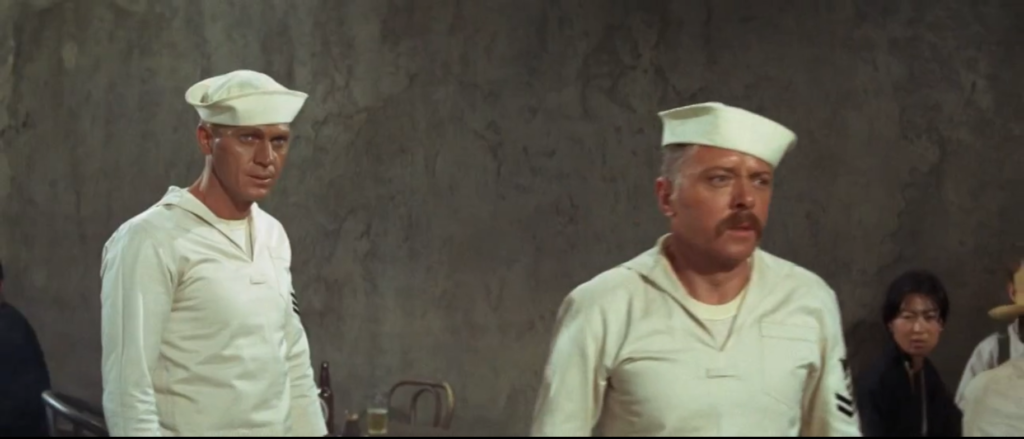
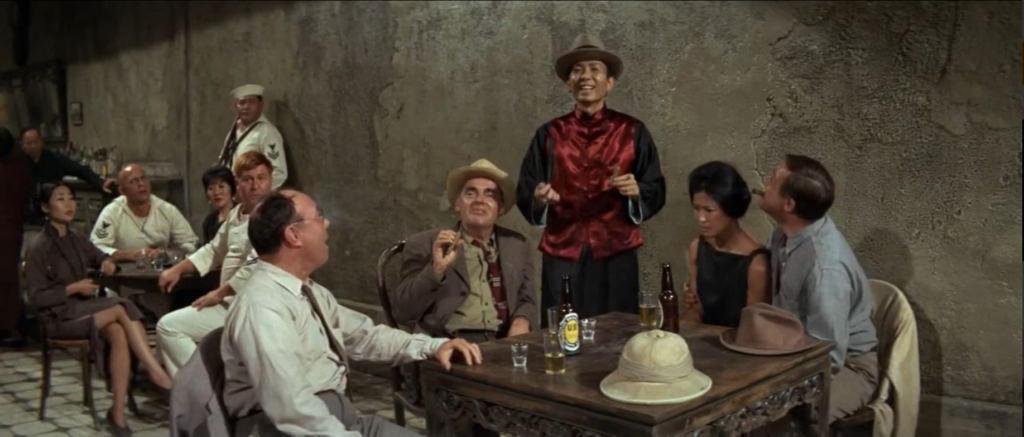
Meanwhile, there are plenty of exciting action sequences sprinkled throughout, and Joseph MacDonald’s cinematography brings the Chinese landscape to vibrant life. But the film isn’t uniformly entertaining: the story immediately begins to drag whenever Attenborough and Arsan’s romance is given screentime, and despite an initial attempt at humanizing the Chinese (as evidenced in Mako‘s Oscar-nominated performance as a doomed “coolie” who briefly befriends McQueen), they ultimately turn into an amorphous mass of “Others”. Nonetheless, McQueen’s impressive performance is reason enough for film fanatics to check this film out at least once.
Note: Wise was apparently so proud of his work on this film that he hosted annual cast reunions for years after its release; click here for a website devoted exclusively to the film.
Redeeming Qualities and Moments:
- Steve McQueen as Jake Holman (McQueen’s performance earned him his only Academy Award nomination)
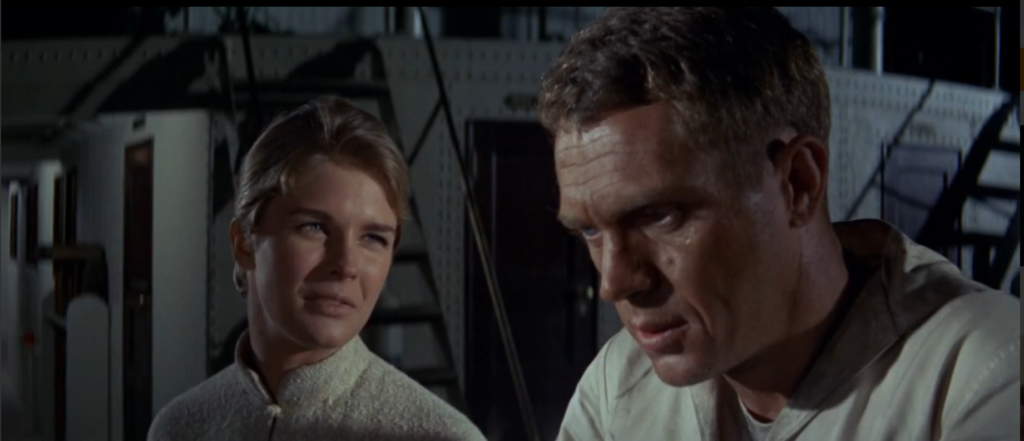
- Beautiful on-location cinematography (by Joseph MacDonald)

Must See?
Yes, simply for Steve McQueen’s Oscar-nominated performance.
Categories
- Noteworthy Performance(s)
- Oscar Winner or Nominee
Links:
|
